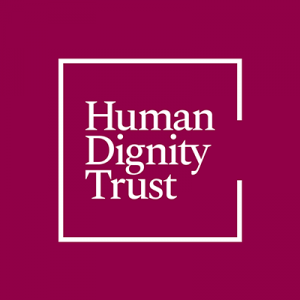Accessibility policy
Design standards
We aim to design and build to the Web Content Accessibility Guidelines 2.0.
Structure of the site
We have one set of pages for the whole site, which we aim to make accessible to all. We do not separate accessible and less accessible pages into separate sections.
A link to a site map can be found at the footer of every page, which shows the organisation of the whole site.
Content
We aim to use clear, plain English in a concise and meaningful way.
Accessible markup
We aim to use semantic markup as well as page landmarks and roles (ARIA) to help tools such as screen-readers understand the different areas of the page such as where the navigation is versus where the content is. We aim to use page landmarks and roles to guide such tools.
Use of cookies
Every user is informed about how the site uses cookies on their first visit. For more information see our cookies policy.
Use of multimedia
We aim to label all images and include functionality for screen readers to describe the image. Text will be scalable, as will all pages themselves. We set a maximum width for blocks of text based on optimal readability standards.
Browser support
There will always be small differences in the display between browsers, but we do aim to broadly support:
- Internet Explorer for Windows from version 11+
- Safari for Apple devices
- Mozilla Firefox for all platforms
- Google Chrome for all platforms
- Opera for all platforms
Compliance and issues
We use the WAVE Accessibility Evaluation Tool by WebAIM to help find problem areas, but ultimately we aim to be responsive to your needs. Please notify us of any specific problems you encounter, or any suggestions you have for improvement.



